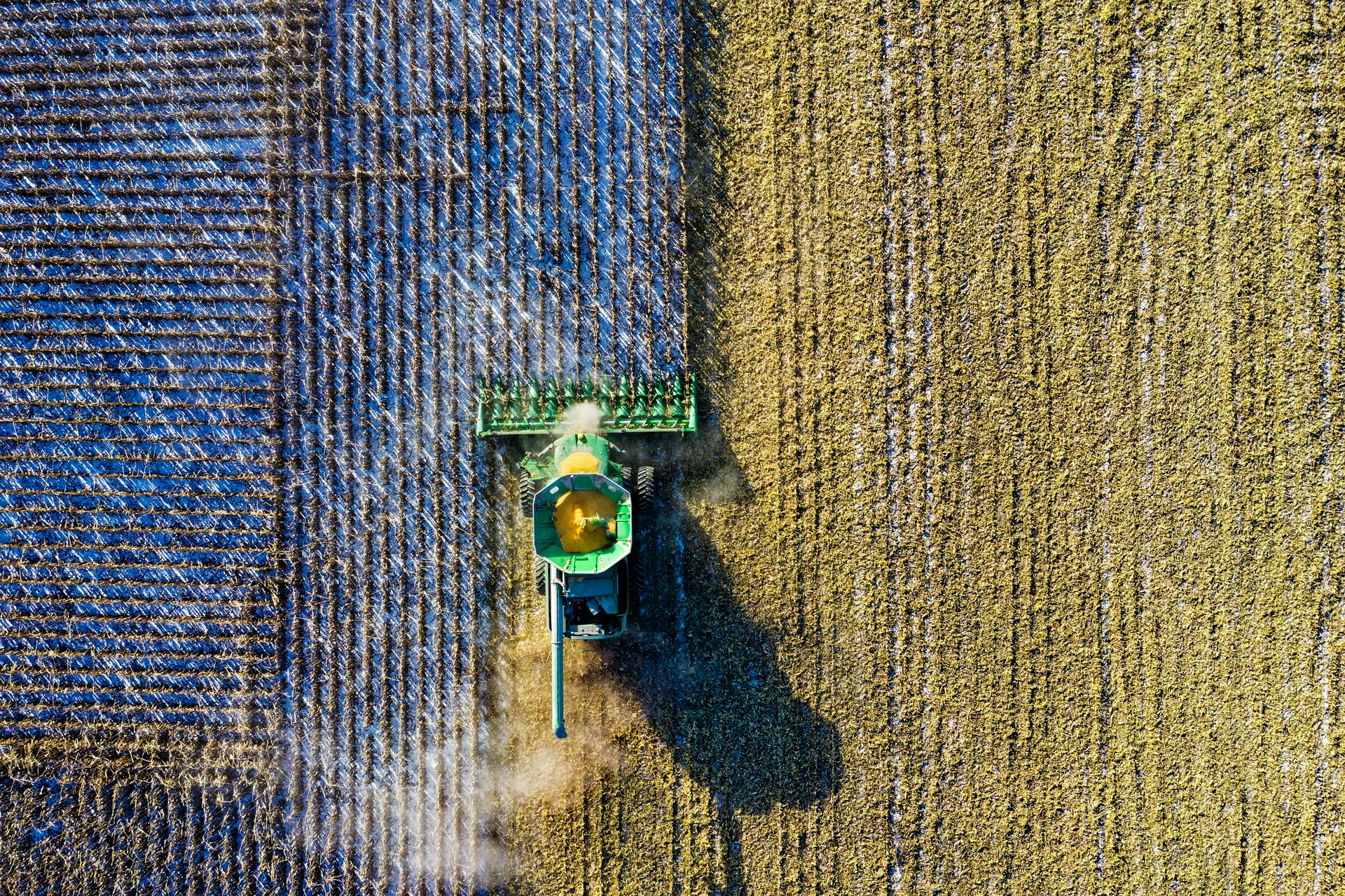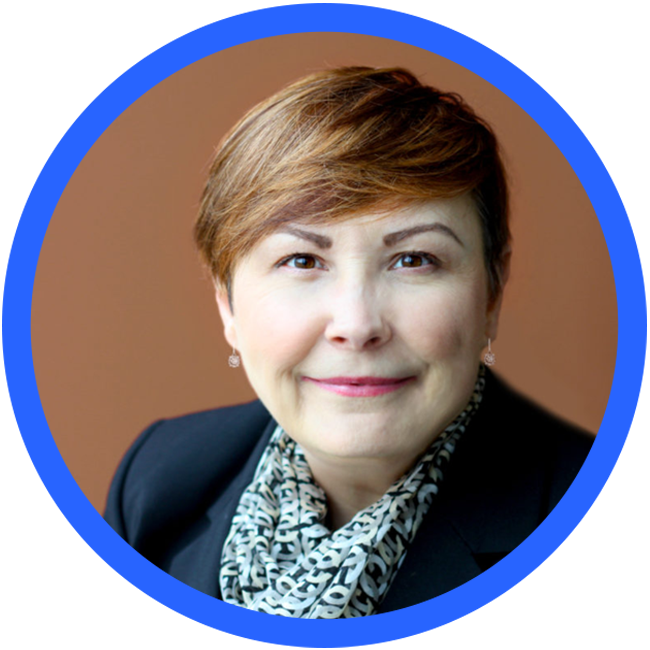How an Innovation Framework Helps a Food Giant Explore New Opportunities


Nancy Yaklich is a digital innovation coach at Cargill. She launched the EDGE Program, Cargill’s digital business accelerator based on Lean Startup. She coaches founders, startup teams and early and late-stage funding boards on the methodology and evidence needed to secure their next round of funding. Nancy is also an EDGE-funded founder of AgAcademy, a microlearning platform for the agriculture industry.
How did you get to Cargill, and how is Lean Startup connected to what you do there?
I was first exposed to the methodology at Best Buy, and then I carried that forward to a role at UnitedHealthcare Group. I’ve been with Cargill for about two and a half years now, in a group called Cargill Digital Labs that was formed to explore digital technology, innovation, using design thinking and agile design — all of those things that haven’t made their way to agricultural companies. Our role is really to help the different business units within Cargill explore and play with technology if you will, to get comfortable with failure in a non-commercial, non-threatening kind of way. About a year and a half or so ago, I helped my boss, Lawrence Wang, start up EDGE, our internal business accelerator program based on Lean Startup. Innovation and digital are just starting to scratch the agricultural industry. You can see that by the number of startups, as well as large players in it, so Cargill knew that they needed to do something different.
What has been EDGE’s effect on product development and culture?
From an organizational perspective, I think it’s starting to get people comfortable with fast and cheap ways to explore new commercial opportunities, as well as employee enabling opportunities. We’re slowly incorporating it throughout the organization, infusing this framework of innovation: If you do it right, you can actually spend less money and make better bets. I would gauge the success of EDGE not only by the startups that have gotten funded, but the breadth of ideas that have come forth, as well as how the methodology is expanding into other places within the organization. This is a cultural change, a different way of doing business and thinking about your next product, your next business, your next service offering. The more that we can infuse that into the minds of people who are not necessarily coming to EDGE for funding, the faster that cultural change is going to happen.
What have you seen in terms of enthusiasm at the company, and how these ideas are spreading?
Like a lot of large organizations, we have champions of this methodology and this approach, and that’s where we’re seeing a lot of founders come from. We still have those areas or pockets where we might have to do a little bit more work. One of the marks of success was when one of the enterprise leaders asked us to “put on a bootcamp for my colleague’s team to help infuse this in the way we do things.” That was a huge win. Then we were able to take that win and go over to another enterprise leader and say, “Do you see what he’s doing over there?” We didn’t have to do that much of a sell, because that enterprise leader is a super champion for EDGE and this framework.
Once you started looking at the world through Lean Startup principles did you see any ways it applies to non-work situations?
I collect art, charcoal drawings, prints, photographs; all different mediums. My home has this long entry hallway and I’m always tweaking the art in that hallway; putting together new collections, arranging the pieces differently. When I get a new piece of art, I test it out there. Sunday in my house is art installation or new collection day.
A lot of Cargill’s customers are farmers. Have you ever talked to them about Lean Startup?
No. But when you think about what farmers do, day in and day out, they’re applying Lean principles; testing new ways to protect their crops, experimenting with new cover crops, trying a new feed formula or additive. I interviewed one farmer for a startup I got funded with EDGE who shared with me how they experimented with a new cover crop in a part of their field last winter. It worked so well, he said this year he’ll be using that new cover crop over all his acres.
What do you do to minimize stress?
My husband and I are big movie fans. We have a very extensive movie library and a great home theater set up so we’ve been going through and reacquainting ourselves with some of those movies during the pandemic. We do themes, like our own Halloween film festival; directors like Wes Anderson or actors like Michael Keaton. For a while there, on Sundays we’d watch old musicals, like Guys and Dolls and Singing In The Rain, which is one of my favorites.
Is there something that you see in the world around you that you are desperate for someone to start innovating on?
I would say there are a couple of immediate ones. Climate change is a ticking time bomb for everybody on this planet, and unless we do something drastic and really tackle it, we’re all going to suffer from it. People are already suffering from it and it’s only going to get worse. So, that’s one area that I see that is ripe for innovation, and I know there’s a lot of groups working on that, which is awesome. I just hope they get the funding that they need and can make and break into the commercial space.
The other one — and this is an industry I was in prior — is healthcare, particularly in the United States. It’s a mess, and everybody will tell you it’s a mess, but I don’t think they want to solve the actual customer problem because it would be just too disruptive for that industry. I see startups are starting to tackle bits and pieces of it, but there still is quite a bit of opportunity in the payer, provider, device and pharma sides.
Tell us why you became a speaker at Lean Startup events.
I’ve been a super big advocate of this framework for a long, long time and was excited when Cargill started to go down this path. It’s important to demystify it, make it approachable and applicable to all the different disciplines and areas in a company, not just innovation. That’s when the real change will happen. It’s super simple and it’s super fast. It’s powerful because it is so simple, and yet within that simplicity there is a lot of discipline. I’m hoping to impart some of the lessons that I’ve learned so that people and organizations don’t have to follow down the same path that I went on and can learn from my mistakes.
